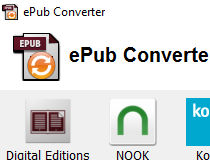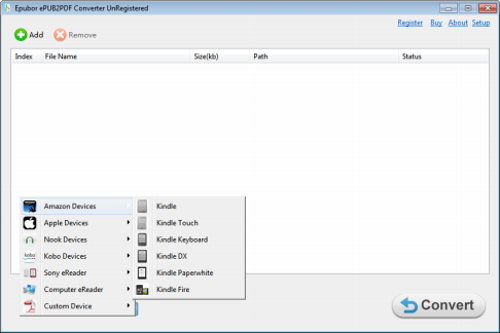

$ for i in *.jpeg do mv $i `echo $i | sed 's/jpeg/jpg/'` done $ for i in *.jpg do convert $i `echo $i | sed 's/jpg/jpeg/'` done One can do this with a single for loop on the commandline: $ cd images/ jpg images by creating new LaTeX compatible JPEG images with the `convert' utility (from the imagemagick program suite) $ cd imagesĪnd Replace the previously with pandoc extracted. which means extract in the current directory, which is also $HOME/Documents $ cd Documents Select the current directory which also contains the ePub file. latex-engine=lualatex $BOOK.epub -o $BOOK.texĮxtract images and other media contained in the epub container to the path DIR, creating it if necessary, and adjust the images references in the document so they point to the extracted files, with the option -extract-media= DIR. Check to see if a tex file can be produced: $ pandoc \ => Fatal error occurred, no output PDF file produced! jpg): reading JPEG image failed (no marker found) Sometimes the pictures inside the epub are invalid to be used with latex so you need to convert them in the process : $ pandoc -s -t latex -toc -chapters \ If the additon of -toc and -chapters does not produce the desired results, leave these out. latex-engine=lualatex $BOOK.epub -o $BOOK.pdf Here's my recipe : pandoc -s -t latex -toc -chapters \

Click on the link for "Click to open" to open a new file browser window at the directory of the PDF file. In the pane on the right-hand side of Calibre you will see an entry called Path: Click to open.
#Epub to pdf converter free download full version install
Install Calibre with sudo apt install calibre from the default Ubuntu repositories.


 0 kommentar(er)
0 kommentar(er)
